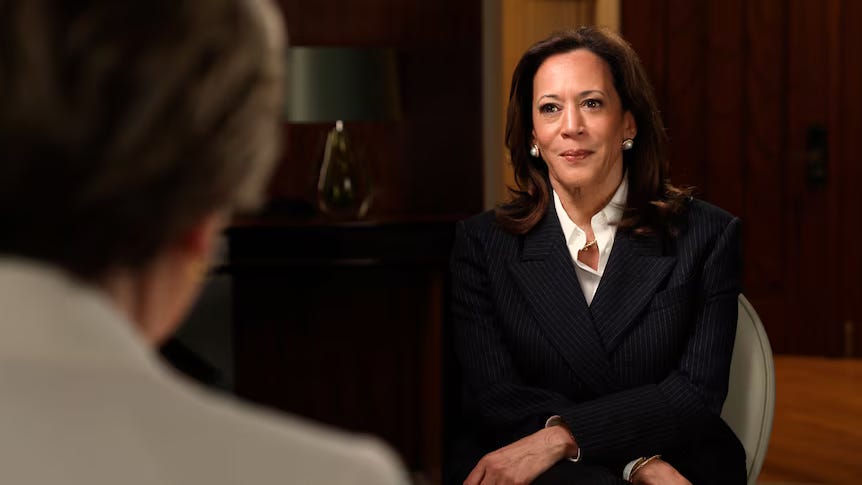Is Kamala Harris’ Ongoing Criticism of President Biden Undermining Her Path to Becoming the Democratic Nominee for President in 2028?
Harris’s candid critique of President Biden has shaken Washington’s political establishment — and raised a difficult question: can a woman reclaim her political voice without being punished for it?
In late October, while promoting her new memoir 107 Days during a high-profile interview in London, Kamala Harris was asked if she was finished with politics. Her answer was immediate — and telling. “No,” she said, before adding that she was “possibly” considering another run for president. It w…




